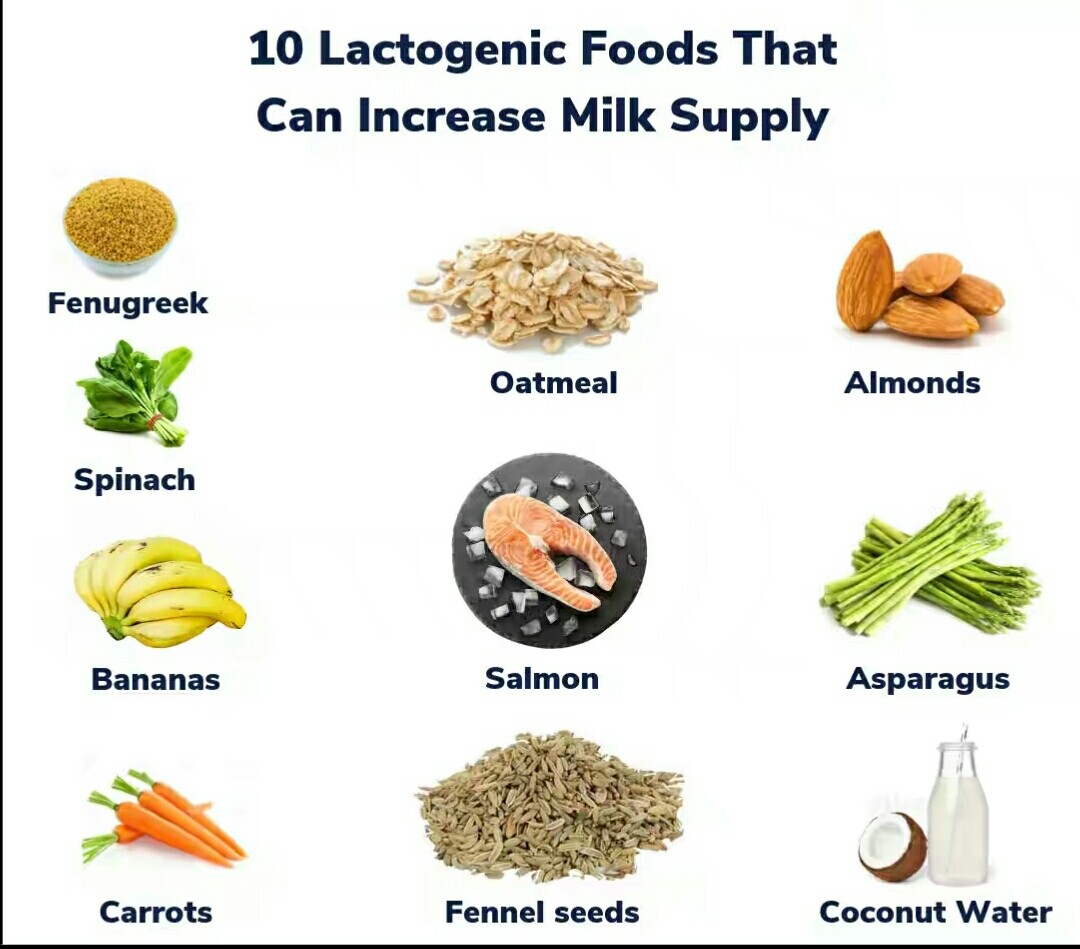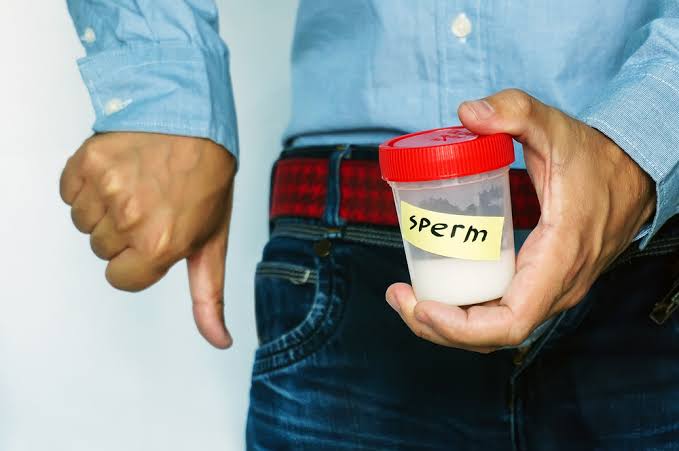The United States has contributed $495m for malaria control in Nigeria since 2011, the US Ambassador to Nigeria, Stuart Symington, has said.
Symingyon disclosed this in a piece, titled ‘US salutes health champions in Nigeria leading efforts to end malaria, to commemorate the World Malaria Day.
He said, “On World Malaria Day, the United States is proud to recognise our partnership with Nigeria and support your fight to beat this deadly disease.
“We salute all Nigeria’s health champions — from health workers to mothers, pharmacists to drivers, journalists to researchers, teachers to warehouse managers — and all those working to end malaria.”
He said the global community had achieved remarkable success, adding that malaria mortality had been cut by half in sub-Saharan Africa, with over seven million lives saved since 2000.
Symingyon said, “In Nigeria, the United States has contributed $495m for malaria control since the US President’s Malaria Initiative began in 2011, distributing more than 26 million long-lasting insecticidal bed nets, 23 million malaria rapid diagnostic test kits, 52 million treatment courses, and 14 million doses of medication to prevent malaria in pregnancy.
“As we commemorate World Malaria Day on April 25, we celebrate this success. As the world’s leading donor in global health, the United States is committed to working with our partners to intensify efforts to end malaria for good.”
According to him, fighting malaria is a smart investment to protect health, create opportunity, and foster growth and security worldwide.
READ ALSO: Nigerians and the trachoma vaccine
The US envoy said, “Countries are best positioned to beat malaria with strong partnerships behind them. Since 2011, PMI, led by the US Agency for International Development and implemented together with the US Centers for Disease Control and Prevention, has partnered with Nigeria to support their fight against malaria.
“PMI’s transformative programmes in Nigeria leverage and strengthen national leadership, resources, and systems to deliver life-saving interventions more effectively and promote enduring malaria control gains.
“This World Malaria Day, we are proud to reaffirm the commitment of the United States to continuing this global progress and ending malaria in Nigeria. And I extend our hand in partnership to all of those who will join us. Zero malaria starts with me, you, and everyone working together for a more prosperous and healthy future for all.”
According to Medical News Today, Malaria is a life-threatening mosquito-borne blood disease. The Anopheles mosquito transmits it to humans.
The parasites in mosquitos that spread malaria belong to the Plasmodium genus. Over 100 types of Plasmodium parasite can infect a variety of species. Different types replicate at different rates, changing how quickly the symptoms escalate, and the severity of the disease.
Five types of Plasmodium parasite can infect humans. These occur in different parts of the world. Some cause a more severe type of malaria than others.
Once an infected mosquito bites a human, the parasites multiply in the host’s liver before infecting and destroying red blood cells.
In some places, early diagnosis can help treat and control malaria. However, some countries lack the resources to carry out effective screening.
Currently, no vaccine is available for use in the United States, although one vaccine has a license in Europe.
In the early 1950s, advances in treatment eliminated malaria from the U.S. However, between 1,500 and 2,000 cases still occur each year, mostly in those who have recently traveled to malaria-endemic areas.
Read original article on the PUNCH




















